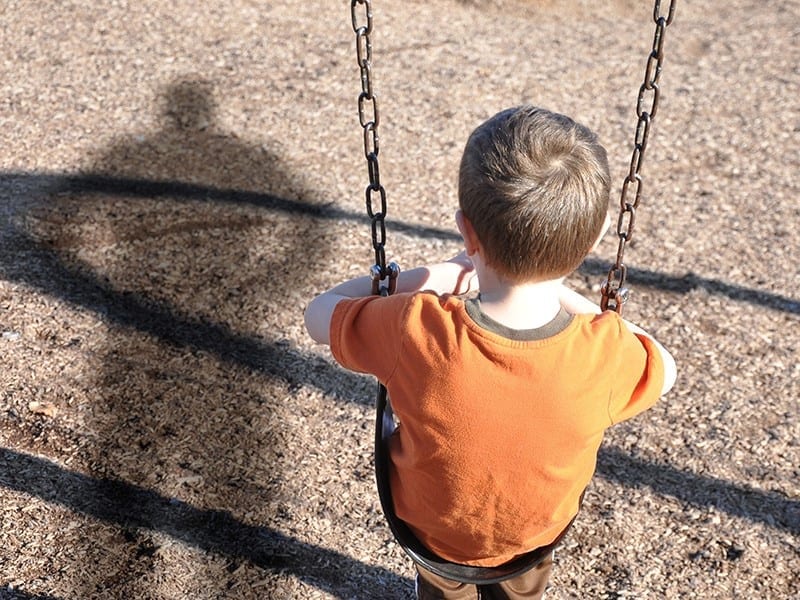Understanding the Illinois Sex Offender Registry
Sex offenses are serious crimes, and those accused of a sex crime can face severe penalties in Illinois. In addition to serving years in prison, sex offenders convicted of certain sex crimes and/or crimes against children must register as a sex offender.
The Illinois Sex Offender Registration Act was created to make public information easily available and accessible about anyone convicted of sex offenses. Offenders are required to register based only on their convictions and Illinois state law. Being on the registry does not mean that someone is dangerous. It only means that a person has been previously convicted of a sex crime.
What Offenses Require Registration?
There are a number of felony and misdemeanor sex offense convictions that require the offender to register. These convictions include but aren’t limited to:
- Indecent solicitation of a child or adult
- Sexual exploitation of a child
- Exploitation of a child
- Child pornography
- Criminal sexual assault
- Aggravated criminal sexual assault
- Criminal sexual abuse
- Aggravated criminal sexual abuse
- Soliciting for a prostitute, if the victim is a minor
- Sexual misconduct
- Permitting sexual abuse of a child
- Kidnapping, if the victim is a minor and the offense is sexually motivated
Just because your crime isn’t listed here, it doesn’t mean you don’t have to register. If you have been charged with or convicted of a sex crime, speak with a knowledgeable criminal defense attorney to find out if you need to register.
In some cases, a conviction isn’t necessary for the offender to have to register. If an offender isn’t convicted, they are still required to register if:
- The offender is found not guilty by reason of insanity
- The offender is the subject of a finding that is anything but an acquittal
- The offender is a juvenile who is adjudicated delinquent for any offense that would require an adult to register
- The offender is adjudicated as being sexually dangerous or sexually violent
The Basics of Registration
A sex offender must register in person with the law enforcement agency where they live. An offender must register once a year for a period of 10 years. There is an initial registration fee of $100 that has to be paid the first time an offender registers. After that, here is an annual $100 registration fee that has to be paid every time you re-register.
The registration period starts as soon as the offender is convicted if they are sentenced to probation. If an offender is sentenced to time in prison, they will have to register starting from their final parole, discharge, or release from prison.
Any changes in an offender’s registration must be made within 3 days to law enforcement. If an offender violates the Illinois Sex Offender Registration Act, they will be required to register every 90 days as opposed to annually.
Offenders classified as sexually dangerous or sexually violent must register every 90 days for the rest of their life.
Offenders classified as a sexual predator must register annually for the rest of their life.
If an offender moves or changes his or her address, they have to let their current police department know as well as the police department where they are moving to within 3 days of moving there.
If a juvenile is convicted of a sex crime, they must also register as sex offenders.
Restrictions of Registration
 Sex offenders who are required to register have specific restrictions they must follow so that they’re not in violation of the Illinois Sex Offender Registration Act. These restrictions are especially strict if an offender was accused of a sex offense with a child.
Sex offenders who are required to register have specific restrictions they must follow so that they’re not in violation of the Illinois Sex Offender Registration Act. These restrictions are especially strict if an offender was accused of a sex offense with a child.
- A sex offender is not allowed to be at a school or within 500 feet of school property unless it’s for a scheduled school conference concerning their child’s education, progress, or other school issues.
- A sexual predator or child sex offender is not allowed to be in a public park or a public park building.
- A child sex offender isn’t allowed to go somewhere that is usually meant for minors.
- Sex offenders are not allowed to use social media sites while on probation, parole, or during mandatory supervised release.
- Sex offenders are not prohibited from living with children. However, if the child isn’t their own and is younger than 18, they must report it to the local police department within 3 days.
In Illinois, the sex offender registration laws can be complicated to navigate and to figure out the complex requirements. If you are facing charges for a sex crime, contact an experienced criminal defense attorney with a proven track record for sexual offense cases. A qualified sex offense attorney will provide you with top-notch legal assistance to help you avoid the stigma associated with a sex offense conviction.
About the Author:
Andrew M. Weisberg is a former felony prosecutor who now serves as a defense attorney in the greater Chicago area. He has extensive experience in handling all types of criminal cases, from sex offenses and domestic violence to retail theft-related crimes, Murder, and drug crimes.







 Blog Home
Blog Home 











